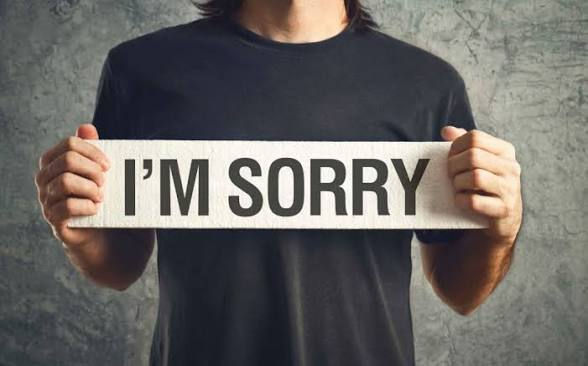When Help Becomes Harm (and Calls It Professionalism)
- Christian
- Oct 10
- 2 min read
Updated: Oct 11
The way things ended — how the shame was written in professional language, how it was done in a way that sounded measured and polite, but underneath it was clear what was being said.
How the ending was shifted into blaming me. Shaming me.
How the co-owner reached out on a social platform and told me that my thoughts were not based in reality… and made assumptions of what I was thinking and feeling. The irony is that I was terminated with and told I was making accusations and I was making assumptions. When all I was doing was letting my therapist who is supposed to help me work through the complications in my life into my inner world.
How it replicated core wounds of being too much, of being silenced, erased and bullied into submission.
How a therapist who co-owns a practice told me that therapy is about not becoming our triggers . . . But did she forget that the therapist is there to guide the client into learning how to not become our triggers? Did she forget that is part of their role? Because I checked and I rechecked and I triple checked and I was never aggressive, I was never violent or antagonistic. I never cursed or attacked… I questioned. I hoped for better and I hoped for help.
I’m finally at a point where I’ve pushed the shame aside for long enough to share my story without caring if I’m painted as the difficult client.
If speaking up about oppressive symbols is difficult, then I hope I’m difficult for the rest of my life.
If trusting a therapist enough to let them into my head — enough to know what my presumptions were, while making it clear I was aware they were presumptions — is considered difficult, then I hope I can find a way to be difficult again.
Because the truth is: you can only heal as much as you’re willing to open your truth inside the therapeutic relationship. If you remain politely wrapped in a neat little box that’s easy to metabolize, you’ll never dig up the roots. You’ll never heal the pattern.
And let me make it clear — I don’t think anyone, including therapists, should have to put up with abusive behavior or behavior that harms.
Therapists have the right to terminate if the relationship is no longer going to work out.
But I do not think it’s okay — or ethical — for a therapist to drop a client they have worked with for a year by email with zero discussion.
That is not okay.
It’s harmful.
It replicates wounds and trauma.
Nobody deserves that kind of treatment.
Disclaimer
These words come from my lived experience. They’re written to help me make sense of what happened and to offer solidarity to anyone who has felt similar pain in therapy.




Comments